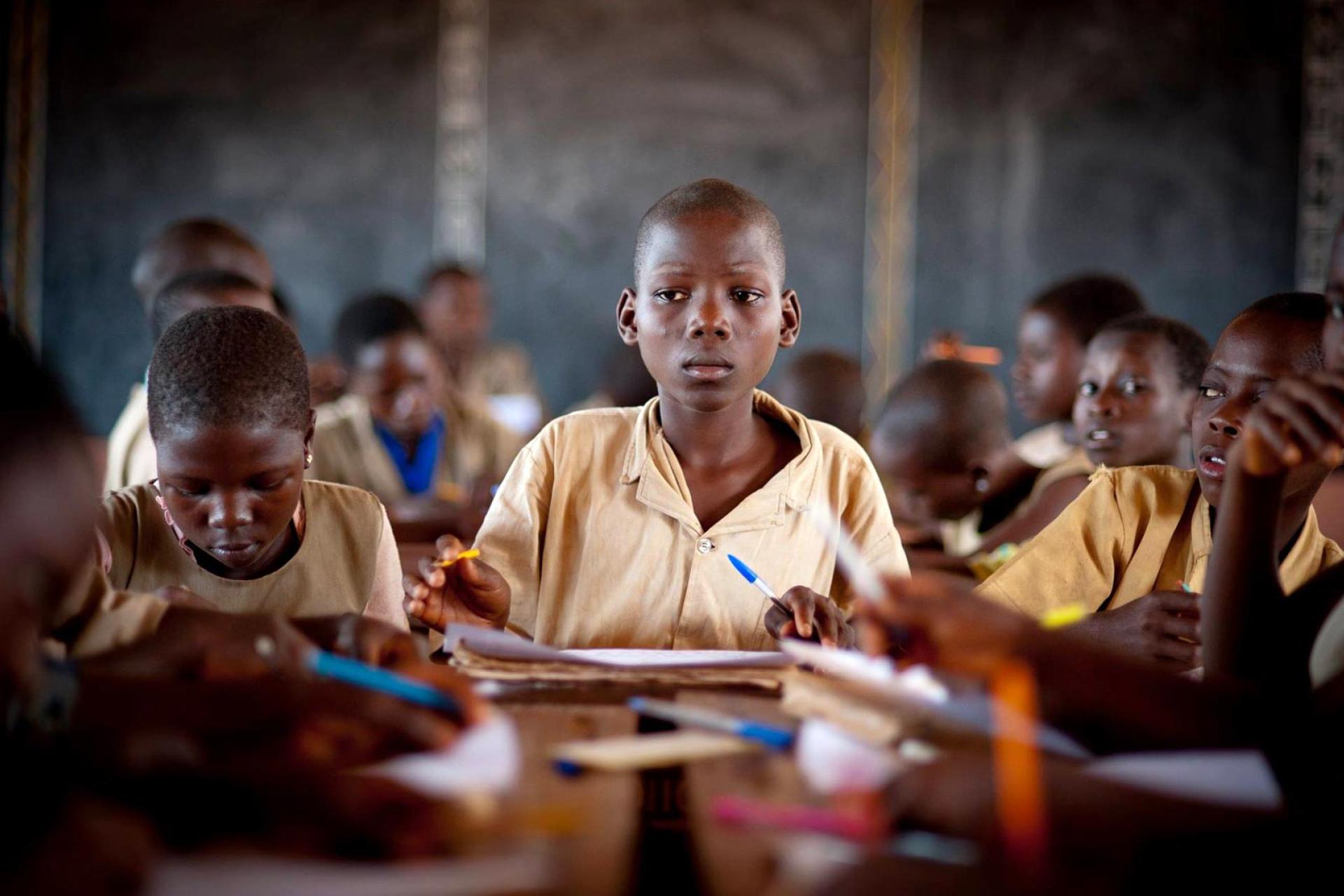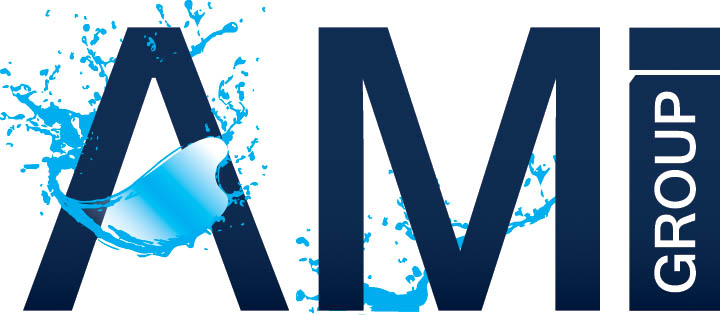The European Union, EU, has vowed to increase investment in African clean energy projects and to scale up infrastructure investment as part of its Global Gateway programme following a meeting between the European Commission and the African Union in Brussels on Monday.
At the gathering in Brussels, the first since an EU-Africa summit in February, the EU agreed to launch a €750 million programme in support of infrastructure investments in transport, digitalization and energy connectivity in Africa under the Global Gateway programme, seen as the EU’s answer to China’s Belt and Road Initiative.
Ties between Africa and the European Union have been badly strained by the Ukraine war, which has seen several EU states broker gas deals with African states, African countries badly hit by increased wheat and grain prices, and hesitance from some to take a stand against Russia.
The meeting also comes a week after the COP27 climate summit in Egypt produced an agreement on a ‘loss and damage’ fund but where the failure to agree on a phase-out of fossil fuels collapsed prompted German Foreign Minister Annalena Baerbock to blame ‘”tonewalling and organizational shortcomings” by African states and the Egyptian presidency.
While African leaders have welcomed the breakthrough on ‘loss and damage’, the prospect of a lengthy wait before it becomes operational, and the failure, after almost a decade, to reach the climate finance pledges at the Paris COP, are cause for caution. For his part, African Union Commission Chair Moussa Faki Mahamat commented that the “injustice” of past broken climate finance commitments “must be righted.”
Meanwhile, Commission President Ursula von der Leyen promised that there could be “a defining moment where we can join forces” on energy policy.
“Africa has abundant resources for clean energy. The shift to clean energy – if we do it right – could provide access for Africans to clean energy that is home-grown and that is affordable,” she said.


